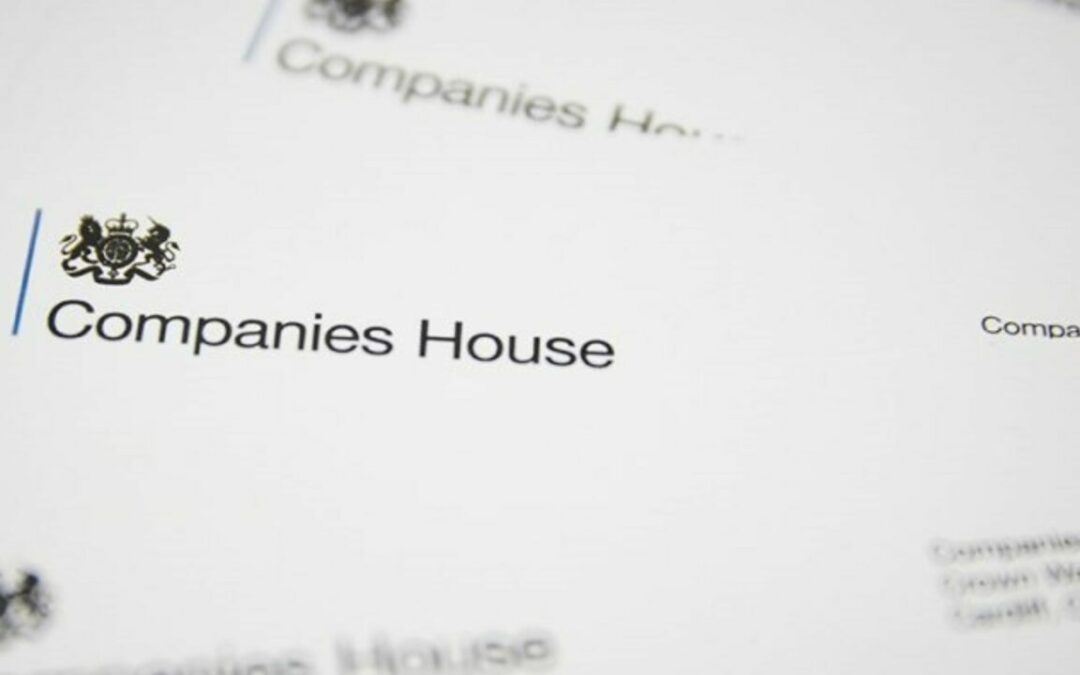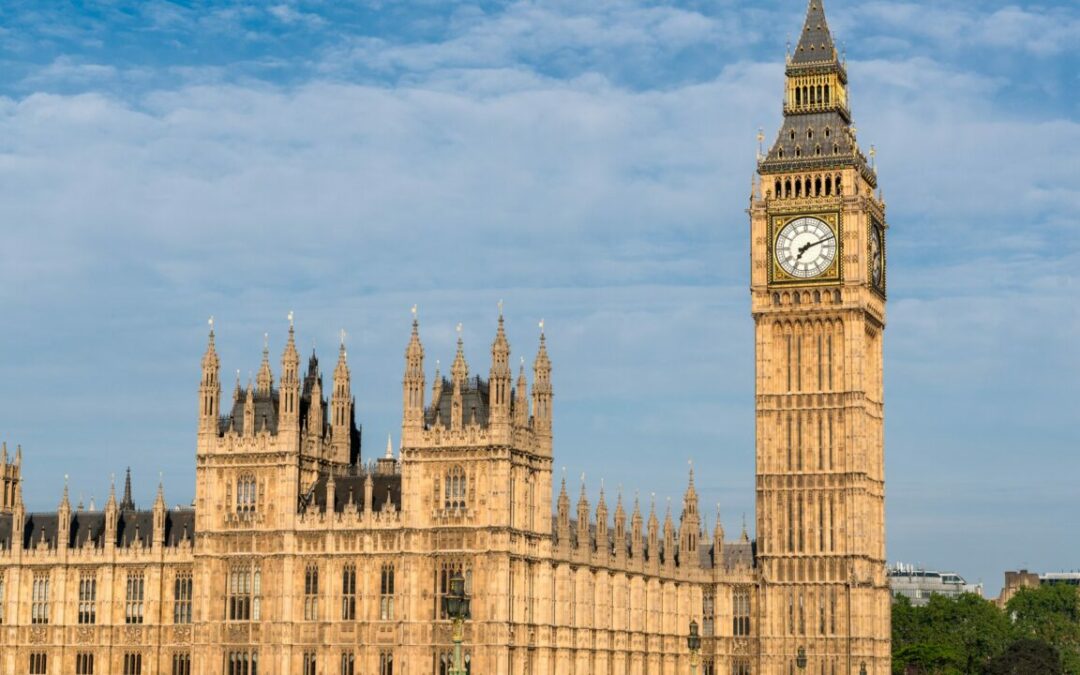Discover essential tax savings for close protection operatives, including what expenses you can claim to maximise your earnings.
Close protection operatives often contact us with questions about allowable expense claims, as tailored guidance for their unique profession is surprisingly scarce. At Whittaker & Co., we’ve drawn on our experience working with security professionals to address these questions and highlight key tax relief opportunities.
-
Uniform and Specialist Clothing
Your work attire is often essential for performing your duties effectively and safely. Whether it’s protective gear, smart plain clothing, or branded uniforms, any clothing purchased specifically for work can typically be claimed as a tax-deductible expense, including, maintaining, and replacing these items. If you wash your uniform at home, you may also be entitled to claim laundry expenses – a small but worthwhile saving that can add up over time.
However, tax relief cannot be claimed for:
- The initial cost of everyday clothing
- Laundering uniforms if your employer offers a free service
- Personal Protective Equipment (PPE), as employers are required to provide or reimburse PPE costs.
Where applicable, you can claim the actual amount spent with receipts or a flat rate expense, for the current tax year and up to four previous years.
-
Essential Equipment
Certain jobs may require you to have specific equipment, such as communication devices, first aid kits, or surveillance tools. These items may qualify for tax relief if they are essential for your role and purchased solely for work purposes. You may also claim for repairs or upgrades to this equipment.
Tax relief can only be claimed if the equipment is necessary for your job and used primarily for work, with no significant private use. Clear receipts and records are essential to support your claim.
-
Travel and Mileage Costs
Travel is often a significant part of life as a CP operative, whether you’re commuting between assignments or covering long distances to support clients.
Allowable Travel Expenses
- Mileage Costs (using your vehicle):
-
- 45p per mile for the first 10,000 miles.
- 25p per mile thereafter.
- Additional Vehicle Costs:
-
- Parking fees.
- Congestion charges.
- Tolls.
- Public Transport: Costs for work-related journeys.
- Overnight Accommodation: Hotel stays for assignments, with valid receipts showing the date and location.
- Subsistence Expenses: Meals while travelling for work, supported by receipts.
Non-Allowable Travel Expenses
- You cannot claim for regular commuting to and from work unless you are travelling to a temporary place of work.
Claims can be made for the current tax year and up to the four previous tax years. Ensure all eligible costs are documented with accurate receipts or evidence.
-
Training and Licences
To remain compliant and at the top of your game, certain expenses related to training, licences, and memberships may qualify for tax relief.
Allowable Expenses
- SIA Licence and Training Costs: Expenses for renewing your Security Industry Authority (SIA) licence or undertaking training directly related to maintaining or improving your skills can often be claimed.
- Professional Membership Fees: Tax relief is available for:
- Membership fees to approved professional bodies or learned societies necessary for your job.
- Annual subscriptions to relevant organisations.
Non-Allowable Expenses
- Life Membership Subscriptions: Tax relief cannot be claimed on one-time, life memberships.
- Employer-Paid Fees: You cannot claim for fees or subscriptions your employer has covered.
- Non-Approved Organisations: Only fees paid to HMRC-approved organisations are eligible.
Fitness-Related Expenses
- Gym Memberships:
- Eligible: If maintaining a specific fitness level is essential for your job, and the membership directly supports this requirement, you may claim tax relief.
- Ineligible: Standard gym memberships for personal use cannot be claimed.
Claiming Tax Relief
- You can claim for the current tax year and up to four previous years.
- Keep detailed receipts or other evidence to support your claim, including the amount paid and the organisation details.
-
Pension Contributions
Planning for the future is just as important as managing today’s finances. If you’re contributing to a private pension, you may be entitled to tax relief on these contributions.
-
Workplace Technology
If you’ve invested in laptops, tablets, or software specifically for work purposes – for instance, to manage assignments, organise schedules, or store confidential information securely – these purchases can often be claimed as business expenses.
How Whittaker & Co Can Help You
Understanding and navigating the world of tax relief can be challenging, especially with the complexities of the close protection industry. Our no-jargon approach means you’ll always understand where your money is going and how to get the most from your earnings. Whether you’re self-employed or operating through a limited company, we’re here to ensure you claim every tax relief you’re entitled to.
While this article is tailored to close protection operatives, the strategies and tax relief opportunities can be adapted to fit professionals in other industries.
If you’re unsure about the expenses you can claim or want to ensure your finances are in the best possible shape, why not book a consultation with us?
Claim tax relief for your job expenses: Uniforms, work clothing and tools – GOV.UK
Visit our News Hub for the latest – News – Whittaker & Co (whittakerandco.com)
info@whittakerandco.com
+44 (0) 1686 610662






